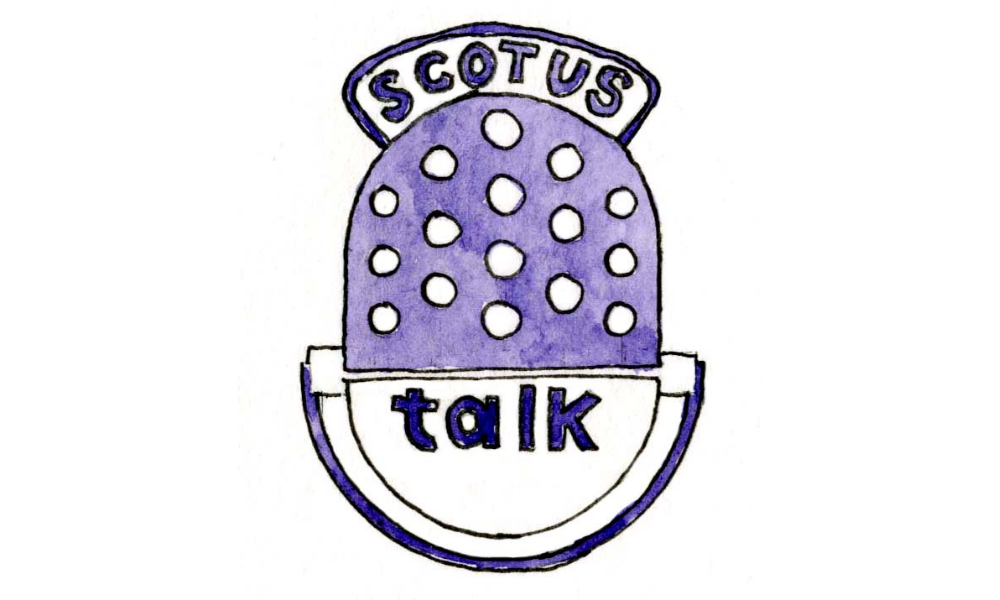Supreme Court Steps In on Pennsylvania Fight Over Mail-In Ballots
This week, the U.S. Supreme Court issued an emergency stay in an ongoing fight over undated mail-in ballots. On May 27, the U.S. Third Circuit Court of Appeals held that election officials in Pennsylvania should count mail-in ballots missing a required date on the outer envelope if they were “indisputably received” before the deadline.
But on May 31, Justice Samuel Alito, who oversees the Third Circuit and recently made headlines with his leaked draft opinion overturning Roe v. Wade, released a two-sentence order putting the Third Circuit’s decision on hold.
The decision and the stay will likely impact the recount in Pennsylvania’s U.S. Republican Senate primary, where Mehmet Oz (better known as TV’s Dr. Oz) came out only 902 votes ahead of Dave McCormick.
And it all started with a state judicial race in Lehigh County, Pennsylvania.
Too Close to Call
Lehigh County held an election in 2021 to fill three judgeships. Six candidates ran. Candidates Thomas Caffrey and Thomas Capehart won the most votes and took two of the available spots. But the final vacancy was harder to determine (perhaps because there were no other Thomases available). The third-place candidate, David Ritter, received only 74 more votes than Zachary Cohen, who came in fourth.
Pennsylvania law requires those voting by mail to “fill out, date, and sign the declaration” printed on the ballot’s return envelope. Once the ballots are delivered, county boards of elections stamp the envelopes with the date of receipt.
Of the 22,000 mail-in and absentee ballots submitted in the Lehigh County election, officials set aside 261 missing the date or having the date written in the wrong place. However, it’s undisputed that they arrived before the deadline. On Nov. 15, 2021, the Lehigh County Board of Elections voted to open and count the undated ballots.
But when Ritter challenged the board’s decision, state courts were split. One affirmed the board’s decision to count; another concluded that undated ballots shouldn’t be counted. Then, a group of voters sued the LCBE, arguing that a missing date should not disqualify their votes.
Justice Alito Freezes Third Circuit Decision
The voters based their claim on the “materiality provision” of the Civil Rights Act of 1965, which forbids any denial of the right to vote based on errors that are “not material” in determining whether a voter is qualified.
The Third Circuit agreed, finding that the materiality provision existed to ensure “meaningless requirements” did not disenfranchise qualified voters.
“Ignoring ballots because the outer envelope was undated,” the court wrote, “even though the ballot was indisputably received before the deadline for voting serves no purpose other than disenfranchising otherwise qualified voters.”
Ritter appealed to the U.S. Supreme Court, asking for an emergency stay. He argues that the Third Circuit’s decision will allow courts to “rewrite dozens of state election laws around the country.”Justice Alito granted the stay without comment. So for now, ballots missing the date on the outer envelope will go uncounted.
The McCormick campaign filed suit to have undated ballots counted in the U.S. Senate primary race. But without the Third Circuit’s precedential decision in play, he’s unlikely to succeed in the short term.
Make sure to put the date on those ballots, folks.
Related Resources:
You Don’t Have To Solve This on Your Own – Get a Lawyer’s Help
Meeting with a lawyer can help you understand your options and how to best protect your rights. Visit our attorney directory to find a lawyer near you who can help.






